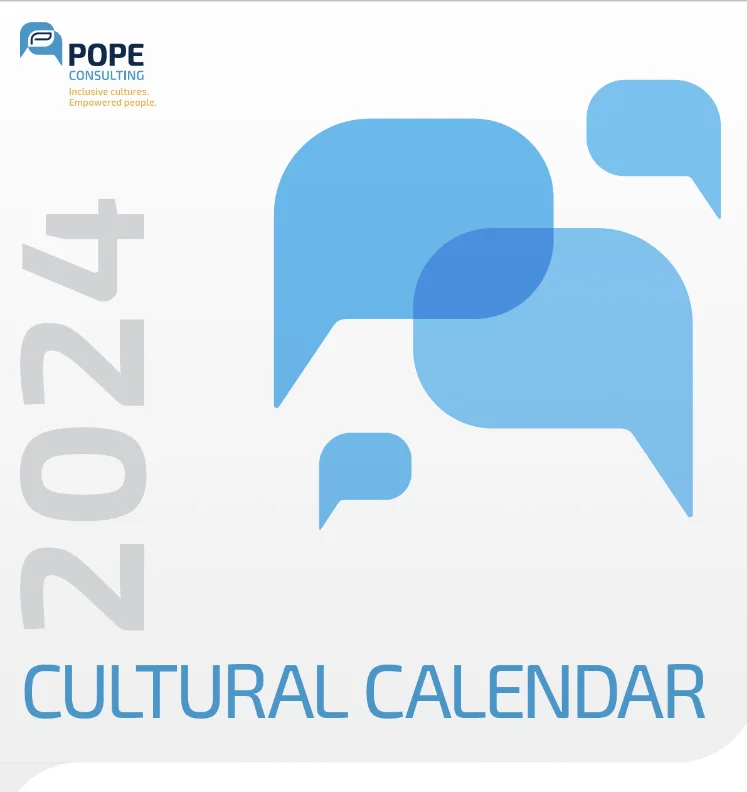Our initial reflection on this topic had us think back to when we all first heard the words “Coronavirus” in March 2020. Many things about life and work drastically changed that year with the rise of the deadly pandemic numbers; a drastic decrease in human interaction; and a heightened fear about who would be eligible for the life-saving vaccine.
- We were comfortable driving to work every day for in-person meetings with colleagues.
- We freely walked into grocery and department stores with no thought about how others’ health values, practices, and perspectives might drastically affect our lives.
- We gathered for traditional family functions and holiday events as we had done for many years prior.
- We traveled the world freely with little concern about being able to enter back into our home countries because of an illness.
- We didn’t have to know how to video chat, look good on camera, and be ok with limited physical interaction from others.
- We relied on our children’s teachers to guide learning in the classroom
The world was swiftly pushed into a change management exercise to figure out how we would all need to adjust to the different needs of all people, not just those of underrepresented groups. We are strong believers that our authentic understanding of inclusion comes when we have these eye-opening experiences that test our understanding of our own differences and cause us to reflect on the comforts, or challenges, of our prior life experiences. Our journey through the pandemic required us to experience how exclusion can feel and how critical it was to realign our mental boundaries for engaging with others, interacting with people in a virtual environment, and protecting our families as a primary focus.
The world has spent the last two years adjusting to the newly defined needs of families, the workplace, commerce practices, and economic fears that will drive the future of everything we do going forward. A recent McKinsey study revealed that scientists were wanting to understand whether pre-existing inequalities had either been amplified or lessened over the last few years due to the pandemic. They observed the disproportionate impact of COVID on women, LGBTQ+, people of color, and working parents. It also revealed that many organizations had actually lowered their DIEB priorities during the pandemic which ultimately had a negative impact on people feeling a sense of belonging and inclusion. Here we have a great example of how Inclusion must be an ongoing priority, almost self-imposing it in our daily lives. There is no better time than now to clearly understand: Diversity, Inclusion, Equity, and Belonging. DIEB is a philosophy that many people and organizations commonly use to show acceptance of all races, gender definitions, religions, and socio-economic backgrounds. Similarly, DIEB practices can individually help us feel a sense of belonging and comfort while also embracing those ideals different from our own.
Here is a quick summary of common terms used to support the progress of diversity and inclusion across the world:
Diversity & Inclusion (D&I)
- Diversity: Acknowledges the many ways people are unique with respect to their personality type, race, gender, age, physical ability, sexual identity/orientation, external dimensions, and organizational classifications. “Diversity without inclusion limits your ability to leverage the tremendous power of differences.”
- Inclusion: When the value for diversity is put into practice to show support, respect, and individuality of all people and under-represented groups. “Inclusion without diversity could limit one’s ability to see and address the needs of those who may be different from themselves.”
Equity & Belonging (D&I and DIEB)
- Equity: There are two ways to look at equity. The first view is addressing the need for equality in systems and processes and how people are offered the same opportunities regardless of their backgrounds. The second view is an understanding that our society is disproportionately unequal, and actions need to be implemented to correct the known imbalances that link back to historical reference points (i.e., women’s rights, civil rights, voter rights, living standards, and access to education). “Equity is the outcome of implementing both diversity and inclusion efforts.”
- Belonging: An established structure to ensure all feel welcomed and can be a part of a community or organization that embraces them no matter their difference. Belonging is also a feeling that a person is comfortable being their authentic self. “Belonging is the result of intentionally leveraging diversity, inclusion, and equity mindset and practices.”
The best way for diversity, inclusion, equity, and belonging to truly be influential first begins with our own understanding of these terms and acknowledging how we are similar or different from others.
 2024 Cultural Calendar
2024 Cultural Calendar


